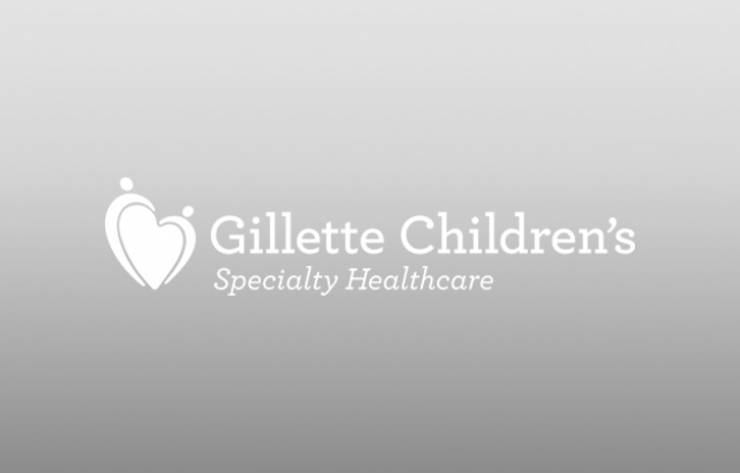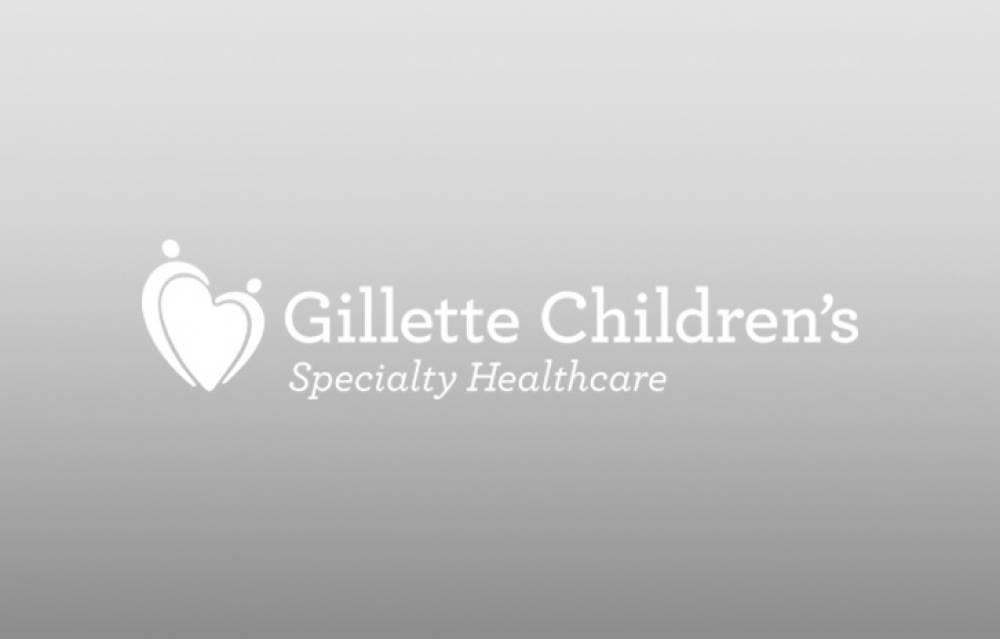-
{care_team_members status="Open|hide from care team page"}
-

{care_team_members:ct_first_name} {care_team_members:ct_last_name}
{care_team_members:ct_full_title}
{/care_team_members}
person:channel_short_name: {person:channel_short_name}
person:
title: {person:title}
-
{links}
{/links}
No category selected to display locations. Locations Dynamic
-
{locations}
- {locations:title} {/locations}
-
{widget}
{widget:widget_content}
- {widget:widget_content:tab_title} {/widget:widget_content} {/widget}
Children are often diagnosed with spina bifida before birth, in the second trimester of a pregnancy. Parents seeking information are welcome to seek out a prenatal consultation at Gillette. During a consultation, providers share information about the signs of spina bifida and what is involved in further testing.
At Gillette, we offer three ways to diagnose prenatally. The first way is during an Alpha-fetoprotein screening during the 16th to 18th week of pregnancy. This level is elevated in about 75% of women who have a fetus with spina bifida. The second method of diagnosis is an ultrasound that might show a fetus with an open spine. The third way is to examine maternal amniocentesis to look at protein levels.
Spina bifida is a condition with varying levels of medical complexity and does not affect all people in the same way. Gillette rehabilitation medicine physician, Linda Krach, MD, says, "There are many misconceptions about spina bifida. When people hear someone is diagnosed with spina bifida they tend to make assumptions about that child's future and what kind of life or job they might have. I enjoy working with patients over the long term - from childhood into adulthood - optimizing the patient's function and quality of life".
The large, multidisciplinary team of experts at Gillette means patients are truly receiving the very best care.
“For example, if I think a person who has spina bifida would benefit from having a seating expert come in and make some adjustments to make them more comfortable I just pick up the phone and a seating expert shows up right away. I don’t need to tell the family to schedule another appointment or wait for help. We have the staff to take care of these needs immediately and that feels great.”
This multi-disciplinary, team approach is part of the Gillette care model. It means clinical experts from many areas take care of an individual’s needs at once, often during one visit. This clinically integrated care model helps those with spina bifida achieve the best outcome and is helpful to families
Call 651-325-2200 to consult with a registered nurse or make a referral.




